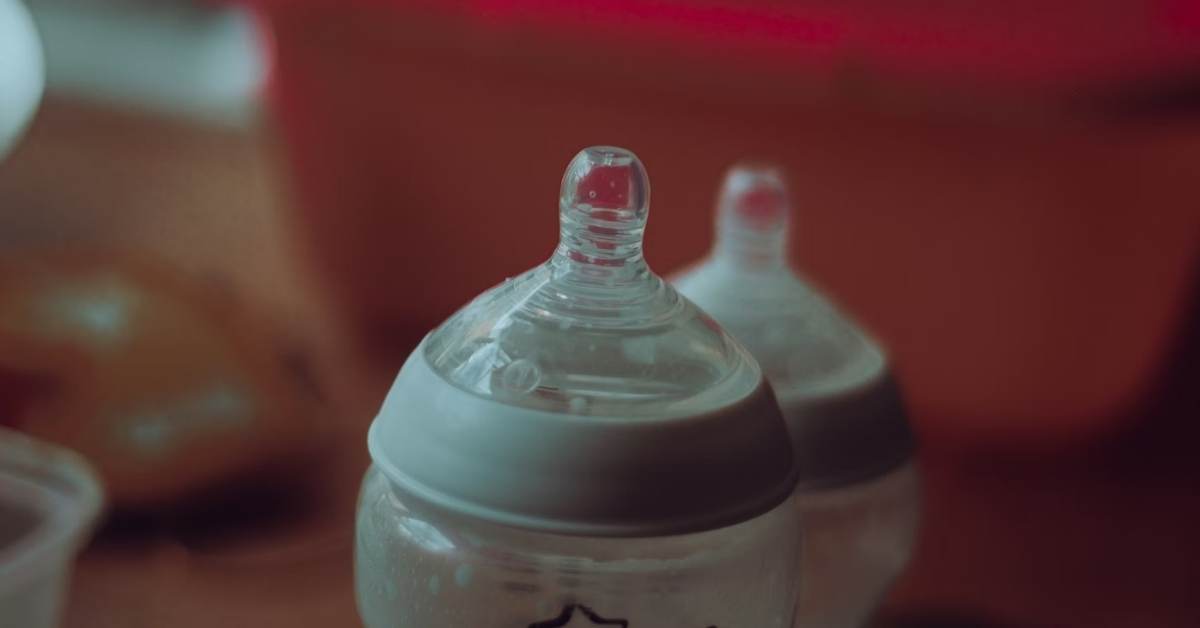Actress Mae Whitman had an early start in the industry.
At age five, she made her acting debut as Meg Ryan’s daughter in “When a Man Loves a Woman” (1994). At seven, she starred in “Independence Day” (1996).
But it was at age 15, before filming the comedy series “Arrested Development,” that Whitman experienced the stomach-churning symptoms of endometriosis — a painful disease in which cells of the uterine lining grow outside of the uterus.
From there, Whitman went on an arduous medical journey.
Throughout her teens and twenties, the “Parenthood” and “Good Girls” star saw 10 different doctors, lost countless jobs, and was told that her daily pain — which she likened to “being shot with a cannonball in the stomach” — was dismissed as “part of being a woman.”
Whitman, now 36, said it took her 15 years to get diagnosed with endometriosis.
“One of the most difficult factors of this somehow isn’t the gunshot-wound pain,” Whitman told Glamour in an interview that was recirculated in a new awareness campaign for Think Endo and the Mayo Clinic.
“It’s the psychological pain that you experience,” she explained. “It’s also the unknowing that really adds to the psychological damage.”
According to the World Health Organization, endometriosis affects roughly one in 10 women around the globe — but it can take an average of four to 11 years to diagnose and treat.
In 2024, charity and education campaign Endometriosis UK released a report that explored medical negligence and misdiagnosis in endometriosis patients.

“Worryingly, 78% of our respondents who later went on to receive a diagnosis of endometriosis had experienced one or more doctors telling them they were making a ‘fuss about nothing’ or similar comments and many had the severity of their symptoms questioned by healthcare practitioners,” the report stated.
“Endometriosis may have a significant, sometimes devastating impact on all aspects of life: education, career, relationships, sexual relationships, fertility and quality of life. Despite this,” the report said, “it is a disease that the majority of people have never heard of.”
“Without awareness, pain and symptoms can be dismissed and brushed aside as ‘normal’ when they are anything but. Without a diagnosis, treatment can’t be accessed, and the disease may progress.”
Whitman has long been vocal about endometriosis awareness and women’s health at large.
In addition to recently partnering with the Think Endo awareness campaign, Whitman is an executive producer of “Below the Belt,” a documentary that follows four endometriosis patients as they navigate the U.S. health care system.
In an interview with the World Economic Forum, documentary director Shannon Cohn said that co-producers Whitman, Rosario Dawson, and Corinne Foxx all felt motivated to fund the project due to their personal experiences with endometriosis and delayed diagnoses.
“That’s what it’s about…everybody kind of putting their weight behind it, using their platforms to say, okay, enough is enough,” Cohn said. “Let's shine a light on this issue.”
In 2020, when Whitman was finally diagnosed after her 15-year delay, Glamour asked her if people with endometriosis can still pursue their dreams.
Whitman responded with a resounding: “Hell yeah.”
“I think you can pursue your dreams even more with endometriosis,” she said. “I think it can make you an unbelievably strong person. And it can make you someone that can't be held back by anything because, I'll tell you, if I can get through those pain waves that I had, I can do absolutely anything.”
Header image via Think Endo



